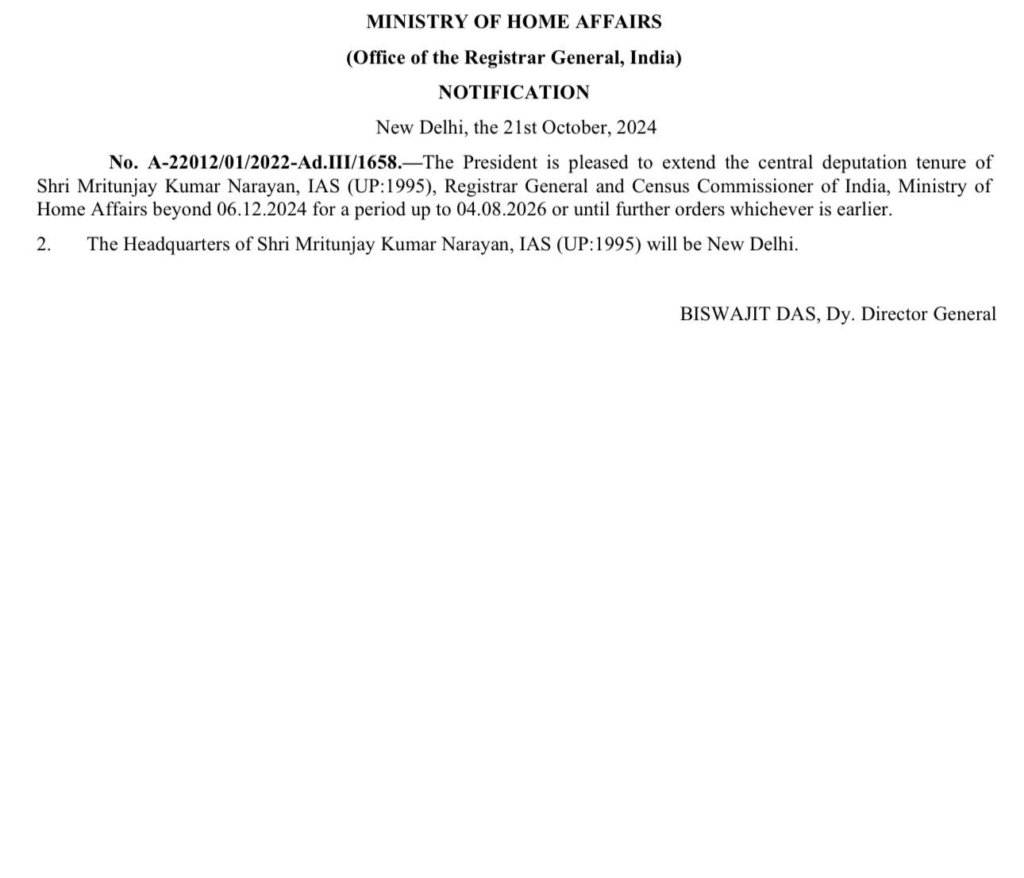India Census to Begin Next Year, Data To Be Published In 2026: Govt Sources
Home Minister Amit Shah said that the government will “very soon” announce the completion of the country’s census. “We will announce it very soon,” Shah said in response to a question on conducting the decadal census of the Indian population which has been delayed due to the COVID-19 pandemic.

India will begin the census in 2027. Lok sabha delimitation will follow. The inclusion of caste in the census may lead to political tensions. The census will be completed in 2026.
Since 1951, the country’s population count has been conducted every 10 years, but the census work in 2021 could not be carried out due to the pandemic. So far, no formal announcement has been made on its next schedule.
With this, the census cycle is likely to be changed. So, it will be 2027-2037 and then 2035-2045, and so on in the future.
It was not clear whether the census would also count all castes, a key demand of opposition parties that has received support from some constituents of the National Democratic Alliance.

The census counts India’s scheduled castes and scheduled tribes but the practice of counting all castes – a British intervention – was discontinued at independence.
When conducted, the census will be the largest such process on earth, enumerating the population of the world’s most populous nation.
The process has two stages: house-listing operations and actual enumeration.
The 2011 exercise covered 640 districts, 7,935 towns, and over 600,000 villages. Provisional data from the process was published in March 2011.
Census 2021 will be the first digital census, enabling citizens to self-enumerate. The National Population Register (NPR) has become mandatory for those who wish to complete the census form independently, rather than through government enumerators. To facilitate this, the census authority has developed a self-enumeration portal that will be launched soon.
This time, the census will hold additional importance because it will form the basis of the Lok Sabha delimitation, a process that has been frozen since 2002 but is likely to widen India’s political fault lines. The women’s reservation bill – which sets aside a third of seats in the Lower House and state assemblies – passed by Parliament will also come into effect after the next census and the delimitation exercise, one of the persons cited above said.
The development also comes against the backdrop of a mounting demand by Opposition parties to carry out a caste-based enumeration of the entire population. States such as Bihar, Andhra Pradesh, and Karnataka have already completed their caste surveys, and other states such as Telangana are set to embark on their own exercises.
According to a person aware of the details, there is a provision for individuals to mark their “sects” in the enumeration forms. “For instance, there are Ravidasis, Rammanis, Ahmadis, Anand Margis, and Bairagais. There is a provision to denote these sects,” said the first person quoted above. There is a possibility that the new count may allow for the inclusion of sub-sects within existing caste groups and redrawing of constituencies based on geographical expanse said this person.
The questionnaire will have 31 questions.
How the census will take place and the related political issues that will come up is not clear right now.
But one thing is sure the govt will try to get as much information about you as possible.

